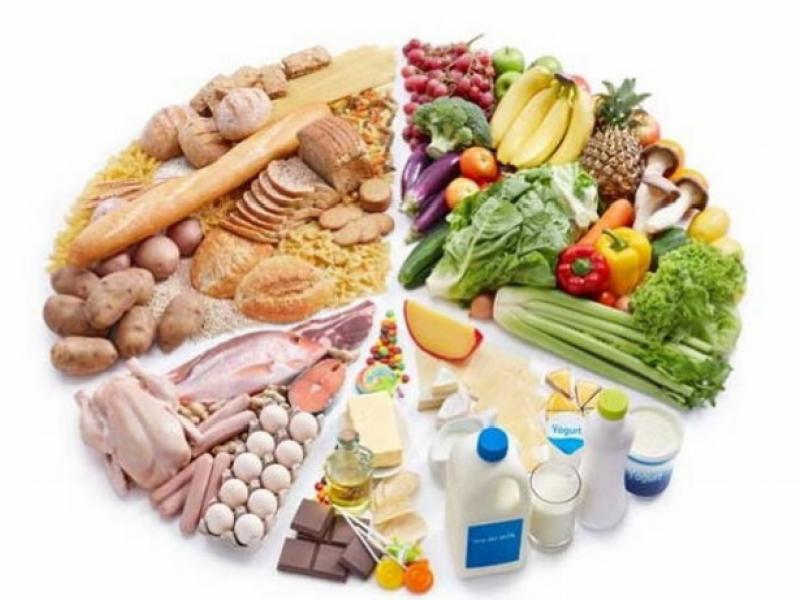Insulin is a hormone that controls the power stability in the body. It allows the sugar in the blood to enter the cell. The glucose entering the cell is used as an energy source. Thus, the rise of sugar in the blood is prevented. Diabetes occurs as a result of the deficiency or ineffectiveness of the insulin hormone that balances the glucose level in the blood. Diabetes causes amputation in more than one million individuals, kidney failure in 500 million individuals, and blindness in 300 million individuals in the world every year. Today, the incidence of diabetes is increasing day by day due to increasing obesity, sedentary lifestyle and poor eating habits.
What should our blood sugar be?
Fasting blood sugar should be below 90 mg/dl in a healthy person, and postprandial blood sugar should be below 140 mg/dl in a healthy individual in the 2nd hour.
Keeping blood sugar levels as close to normal as possible reduces the risk of competition with important health issues such as sensory-nervous problems, vision problems, kidney damage, heart attack and stroke. Therefore, adequate and stable nutrition plays a very valuable role in the treatment of diabetes. Its purpose is to prevent or delay the complications that may develop by providing blood sugar control. Since the main source of blood sugar is nutrients, the basis of diabetes treatment is a healthy diet.
General Information
1- Being diabetic does not mean that you should not eat the foods you love throughout your life. You just have to pay attention to the type and size of food.
2-The main nutritional element affecting blood sugar levels is carbohydrates. Carbohydrate requirement should be met from foods with low glycemic index as much as possible.
3-Carbohydrates should not be taken alone, they should be consumed with a random protein source. such as banana milk..
4-Do not stay hungry for a long time, main meals should be supported with small and medium meals.
5- Foods such as jam, honey, tea sugar, sweets containing simple sugar should be avoided. Diabetic ones of these foods can be preferred.
6- Choosing foods with high fiber content will increase satiety as it gives less power compared to refined foods. Daily recommended fiber consumption is 25-35 gr. (Increase your vegetable and fruit consumption, fresh fruit instead of ready-made juice) Prefer to eat food, include legumes in your diet frequently)
7-Do not forget to drink 2,5 liters of water daily.
8- You can determine how different foods affect your blood sugar by taking note of what you consume in your meals and measuring your blood sugar 1.5 hours after a meal.

